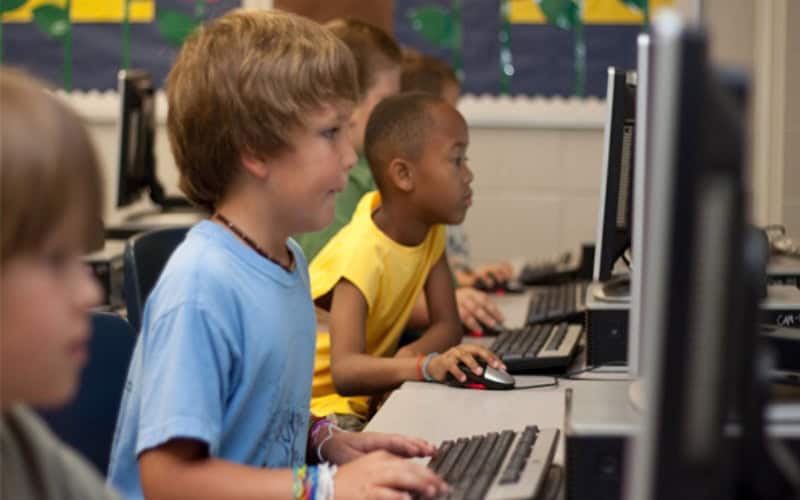Washington: According to a recent study, relationships have more impact on improving student learning, and not financial support.
Strong relationships between teachers, parents, and students at schools tend to have a positive impact on student learning. Social capital is the name scientists give to the network of relationships between school officials, teachers, parents and the community that builds trust and norms promoting academic achievement.
The study found that social capital had a three- to five-times larger effect than financial capital on reading and math scores in Michigan schools.
“When we talk about why some schools perform better than others, differences in the amount of money they have to spend is often assumed to be an explanation,” said Roger Goddard, co-author of the study.
“We found that money is certainly important. But this study also shows that social capital deserves a larger role in our thinking about cost-effective ways to support students, especially the most vulnerable,” Goddard added in a study that appeared in the Journal of Education for Students Placed at Risk.
The study involved 5,003 students and their teachers in 78 randomly selected public elementary schools in Michigan. The sample is representative of the demographics of all elementary schools in the state.
Teachers completed a questionnaire that measured levels of social capital in their schools. They rated how much they agreed with statements like “Parent involvement supports learning here,” “Teachers in this school trust their students” and “Community involvement facilitates learning here.”
State data on instructional expenditures per pupil was used to measure financial capital at each school.
Finally, the researchers used student performance on state-mandated fourth-grade reading and mathematics tests to measure student learning.
Results showed that on average schools that spent more money did have better test scores than those that spent less. But the effect of social capital was three times larger than financial capital on math scores and five times larger on reading scores.
While social capital tended to go down in schools as poverty levels increased, it wasn’t a major decrease.
“Our results really speak to the importance and the practicality of building social capital in high-poverty neighborhoods where they need it the most.”
The study also found that the money spent on student learning was not associated with levels of social capital in schools. Which means schools can’t “buy” social capital just by spending more money. Social relationships require a different kind of investment.
[source_without_link]ANI[/source_without_link]

